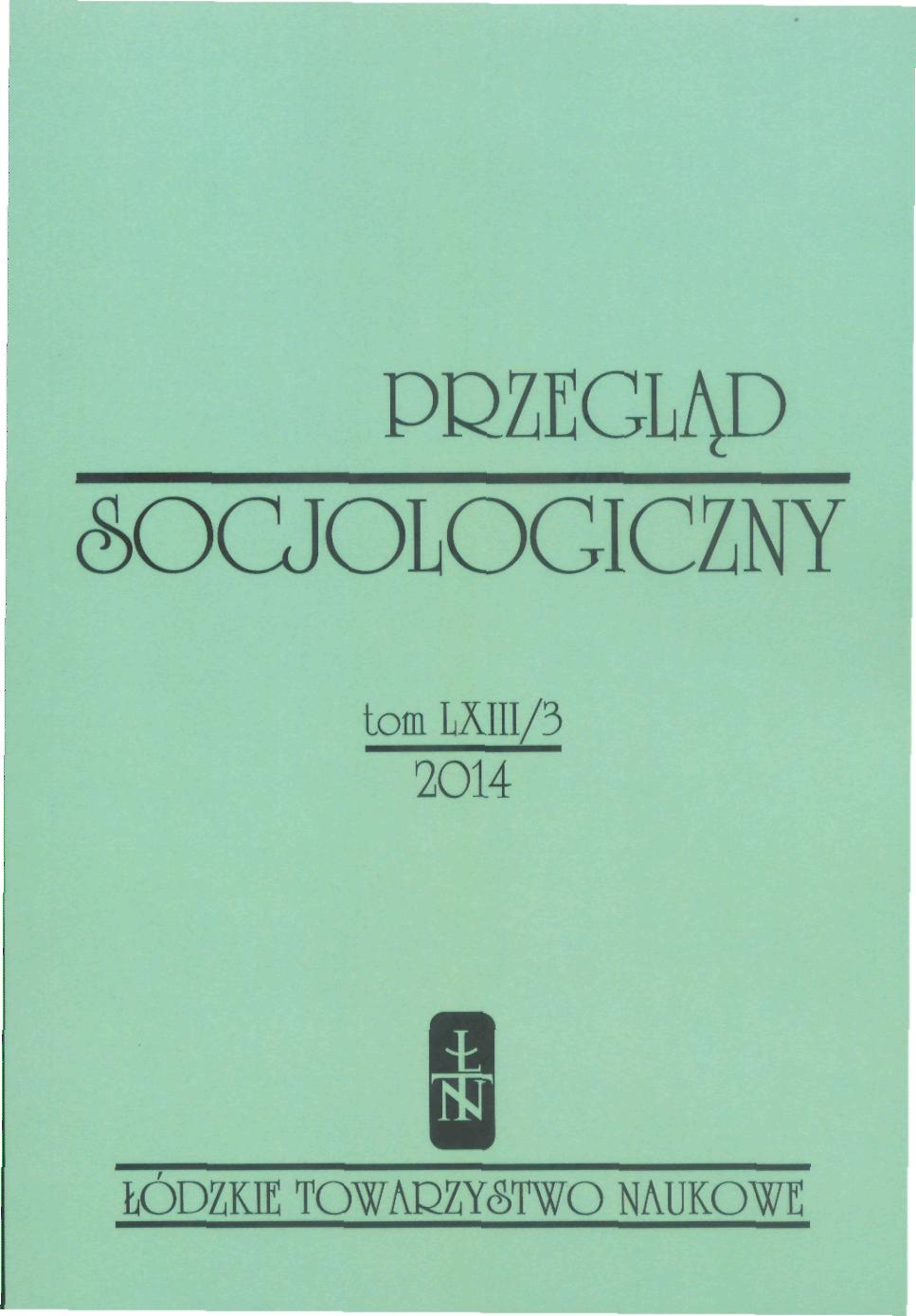Kariera naukowa w Polsce. Czy obecny model sprzyja wyłanianiu i awansowaniu ‘najlepszych’ naukowców?
Scientific Careers in Poland. Is the Current Model Conducive to the Selection and Advancement of the ‘Best’ Scientists?
Author(s): Izabela WagnerSubject(s): Higher Education , Management and complex organizations, Sociology of the arts, business, education
Published by: Łódzkie Towarzystwo Naukowe
Keywords: scientific careers; values in science; dynamics of changes in the Higher Education and Science;
Summary/Abstract: Article examines transformations of career models that emerged as result of dynamic changes This article examines transformations of career models that have emerged as result of the dynamic changes taking place inside the Polish scientific community. The mechanisms in question have evolved in relation to particular trends observed in developed countries, where scientific activities are framed by locally-specific systems. Two such cases are analyzed: the United States and France, and compared with the Polish case. The Polish case study demonstrates concrete borrowings from both the US and French systems. As a result, Poland constitutes a hybrid model. As a consequence, in the context in which this model operates it promotes the selection of young scientists having a different personality profile than the one sought after in the classical model of scientific activity. The main analysis focuses on the majority of contemporary scientists who are working in the natural sciences and engaged in basic research projects - but results of the analysis can be applied to career development in any scientific discipline. The article employs the tools of sociology of work and the approach to science as a human activity borrowed from Ludwik Fleck’s works. The conclusion shows the contradictions in the model promoted by the authorities, based on competition even among members of the same team and an individual perception of achievement, where the focus is on collecting points and survival strategy is the main goal of each researcher. This strategy is typical for the world of freelancers, where people self-finance their own employment and search individually for the financial support necessary to perform their profession. Sociological analysis shows that such working conditions are inadequate for scientific work, which typically develops as a result of a teamwork among groups of people who deeply trust each other, have profound mutual professional respect and are not competition-focused relationships. In addition, the stability of good research teams ensures the high quality effects of their work. However, in the current system long-term contracts are perceived as an inefficient relic of the past (mainly reserved for almost-retired professionals). This is a sign of a lack of knowledge and a deep misunderstanding on the part of decision makers of the specificity of scientific work.
Journal: Przegląd Socjologiczny
- Issue Year: 63/2014
- Issue No: 3
- Page Range: 39-65
- Page Count: 27
- Language: Polish

